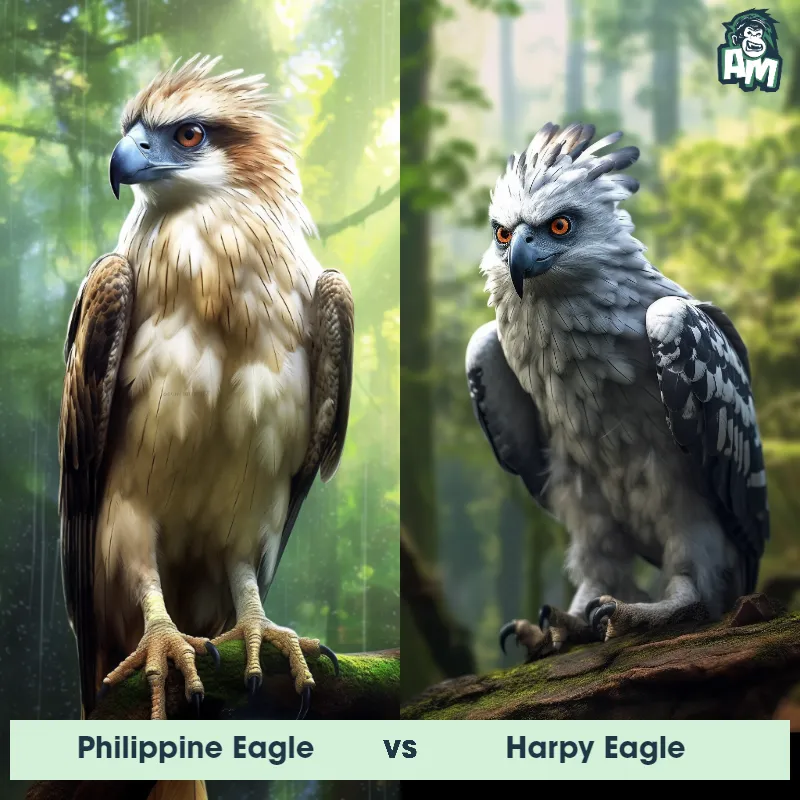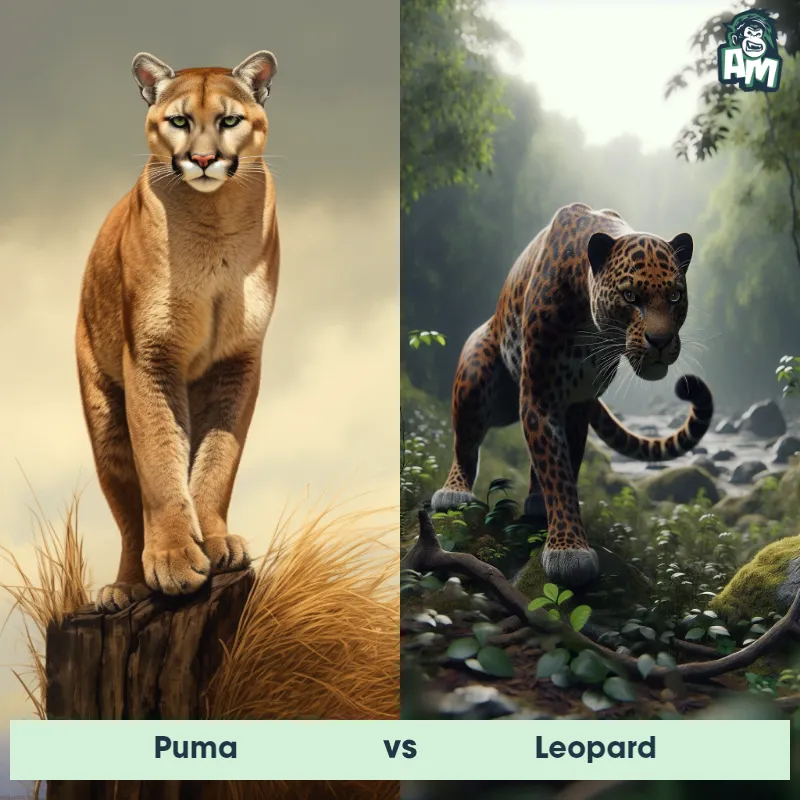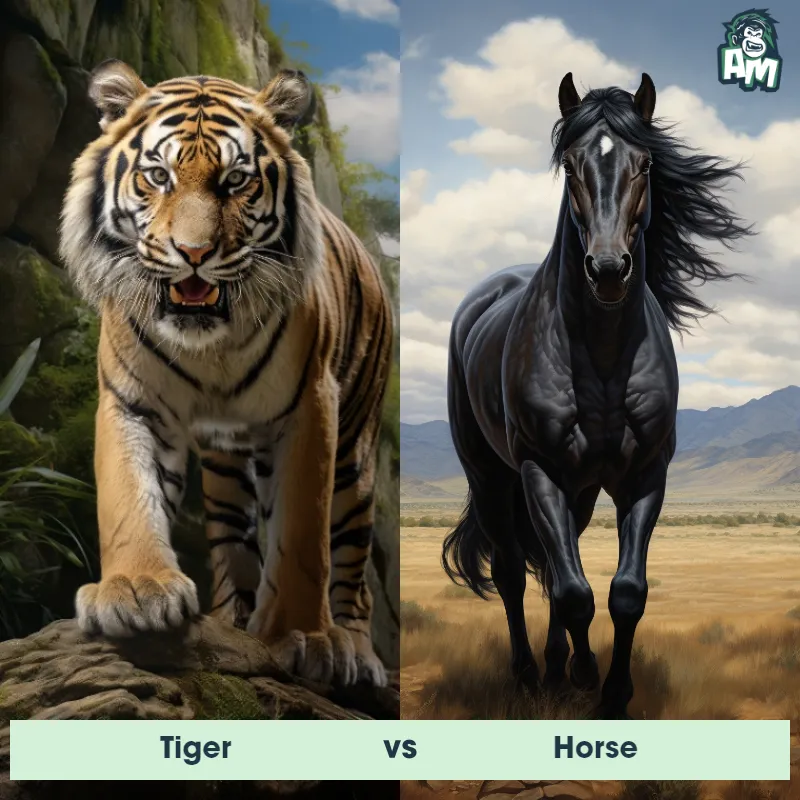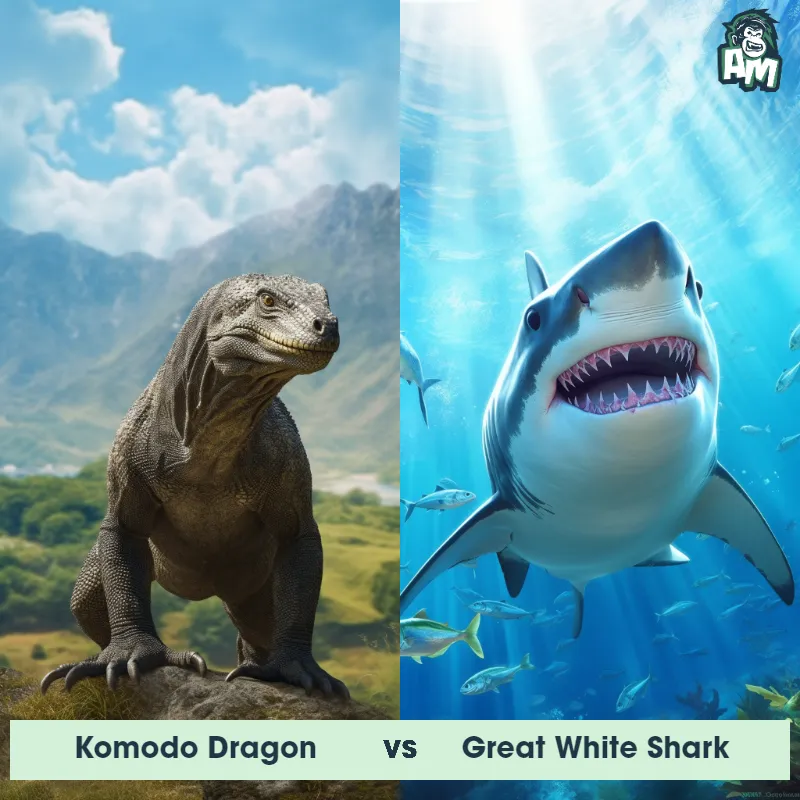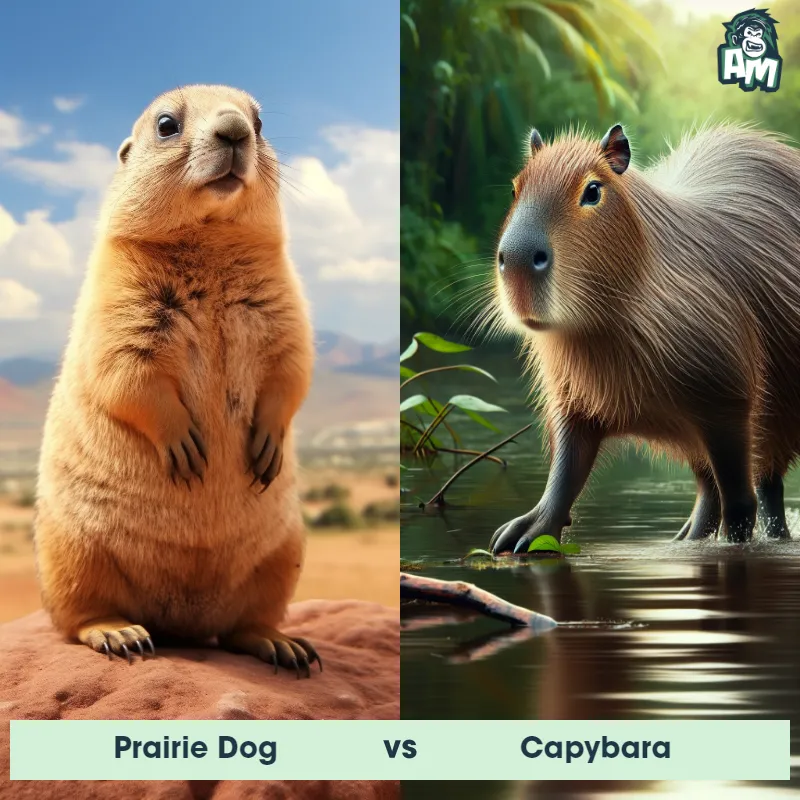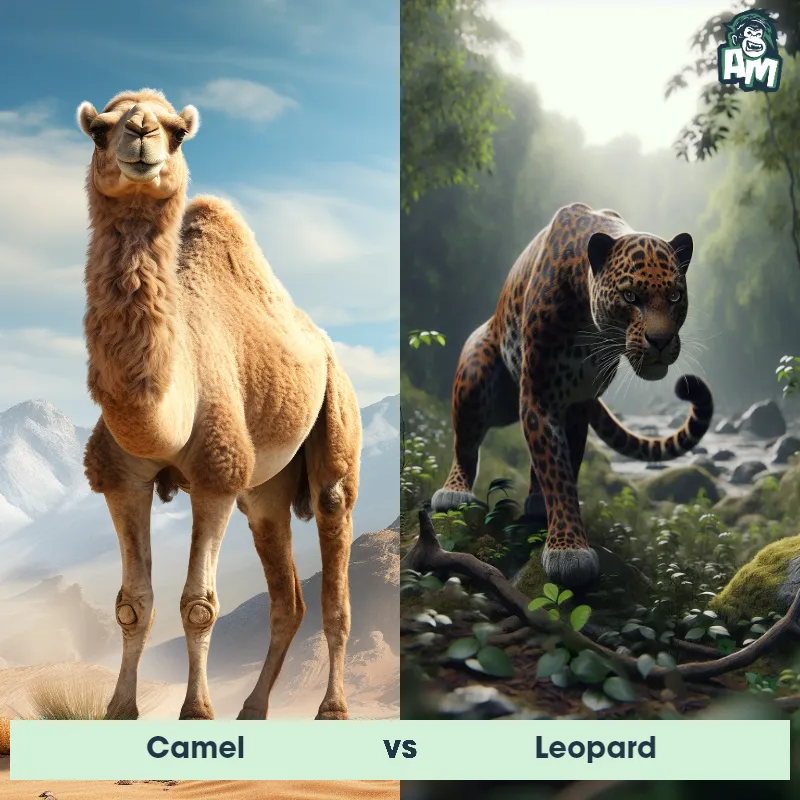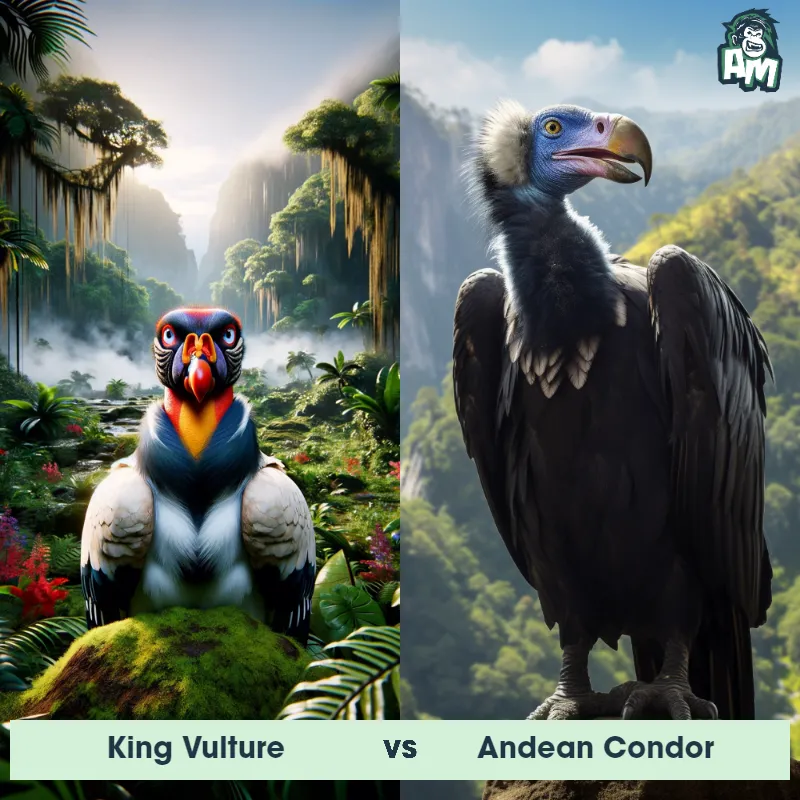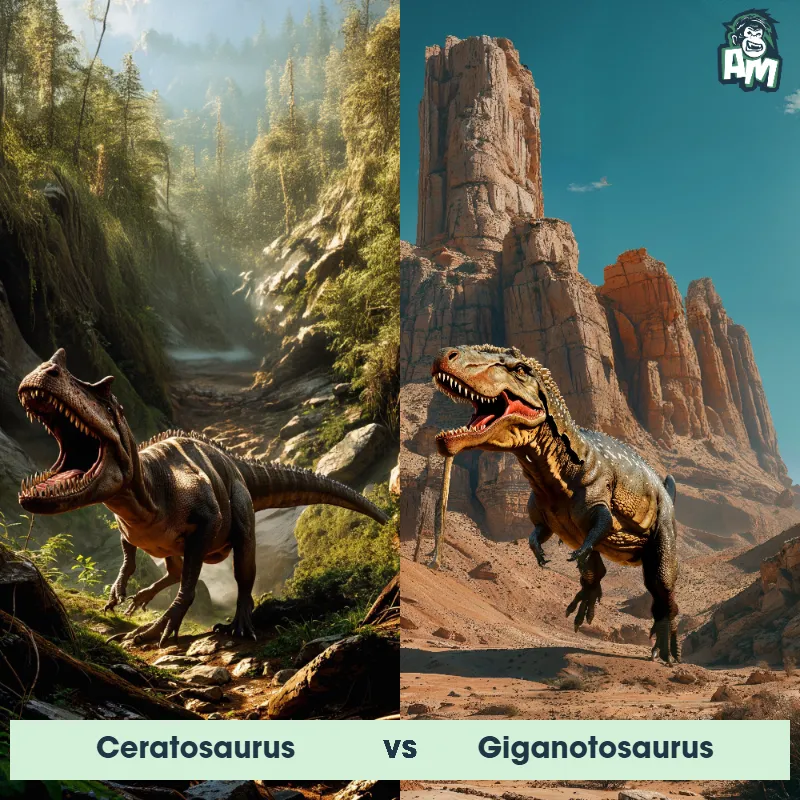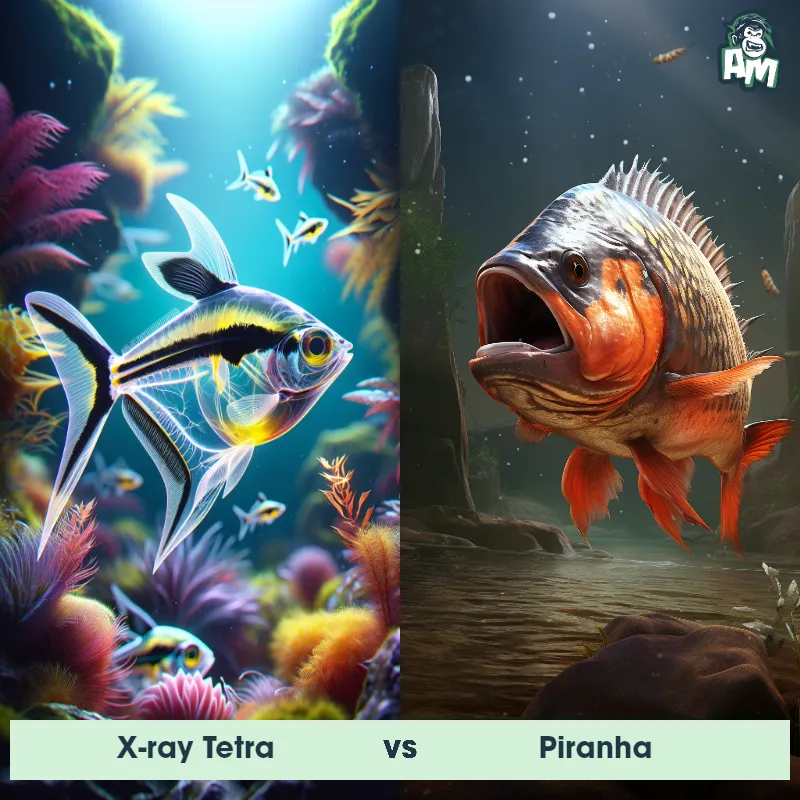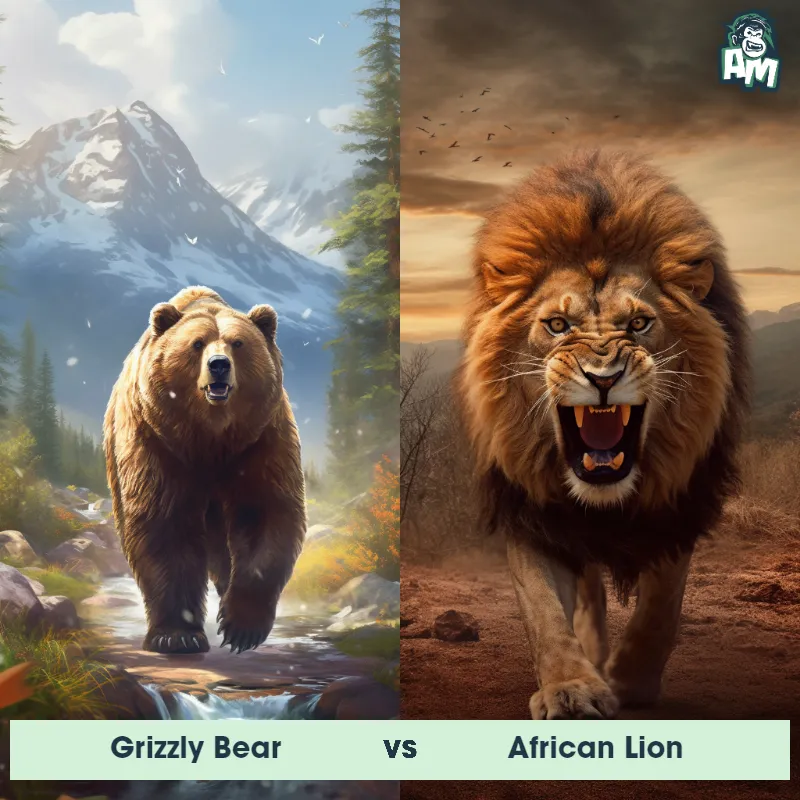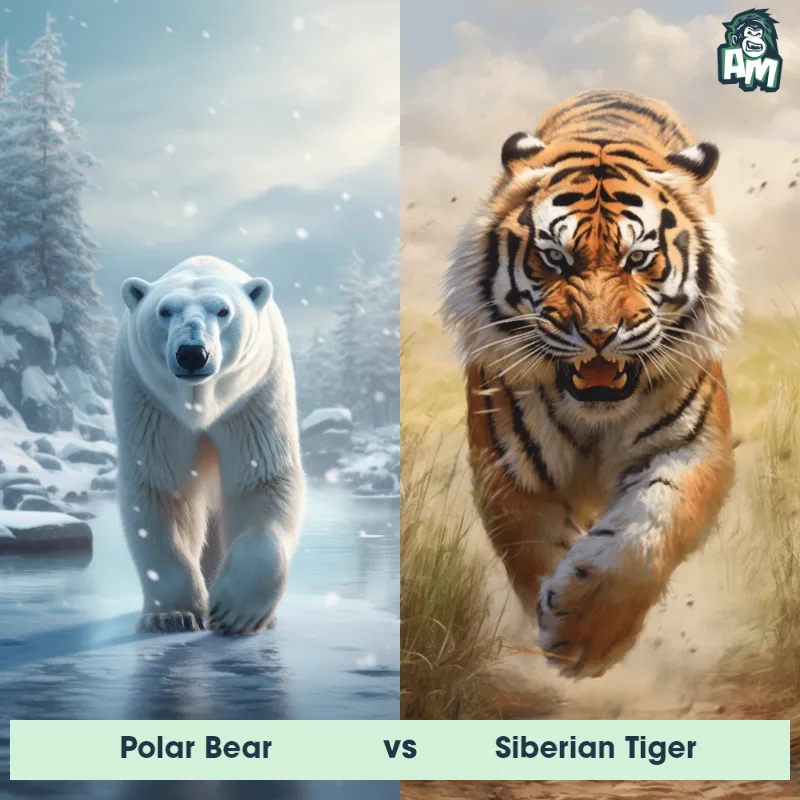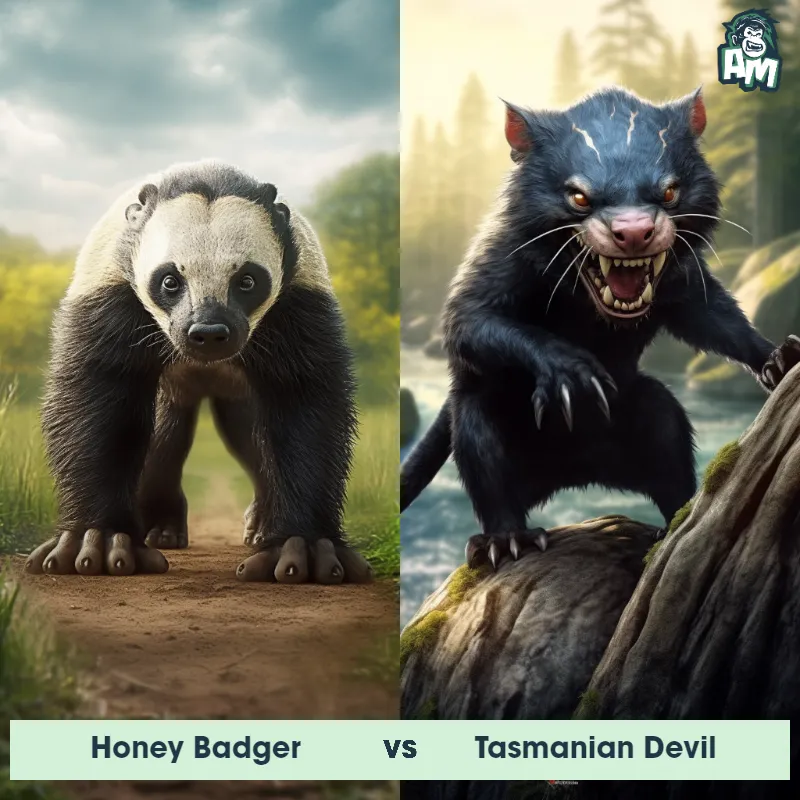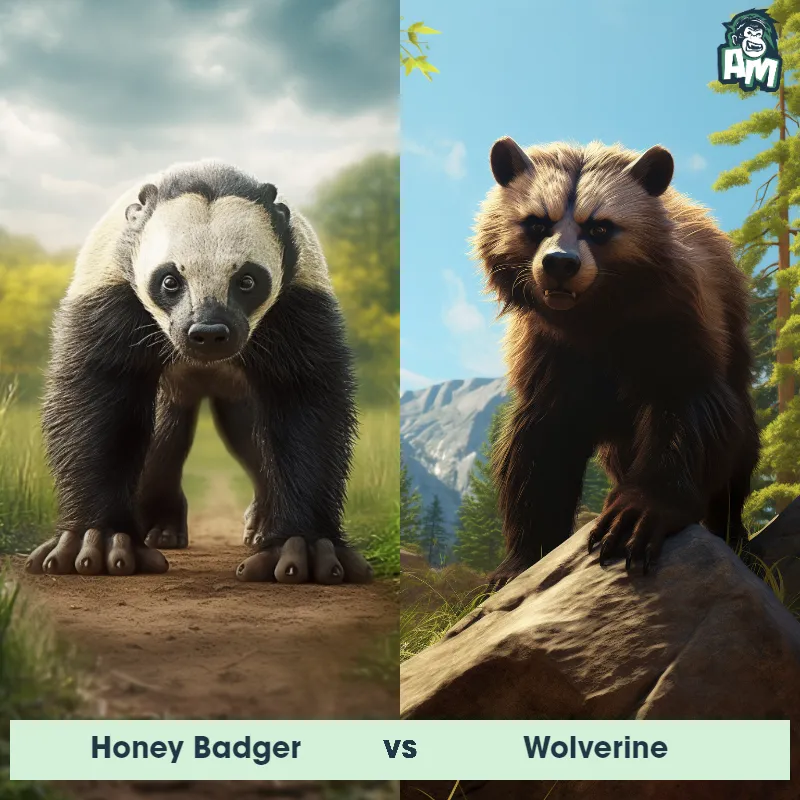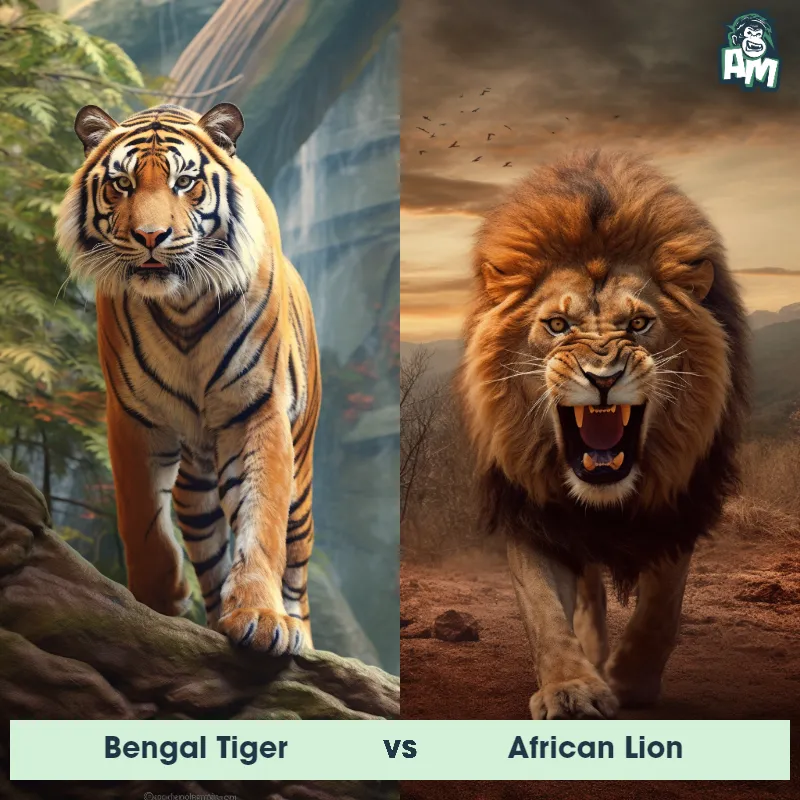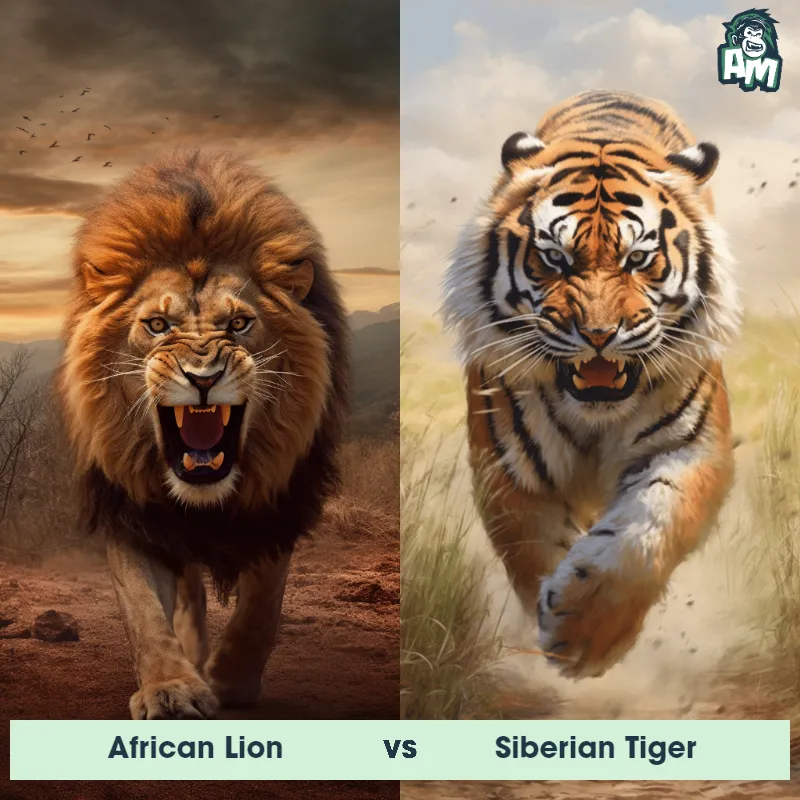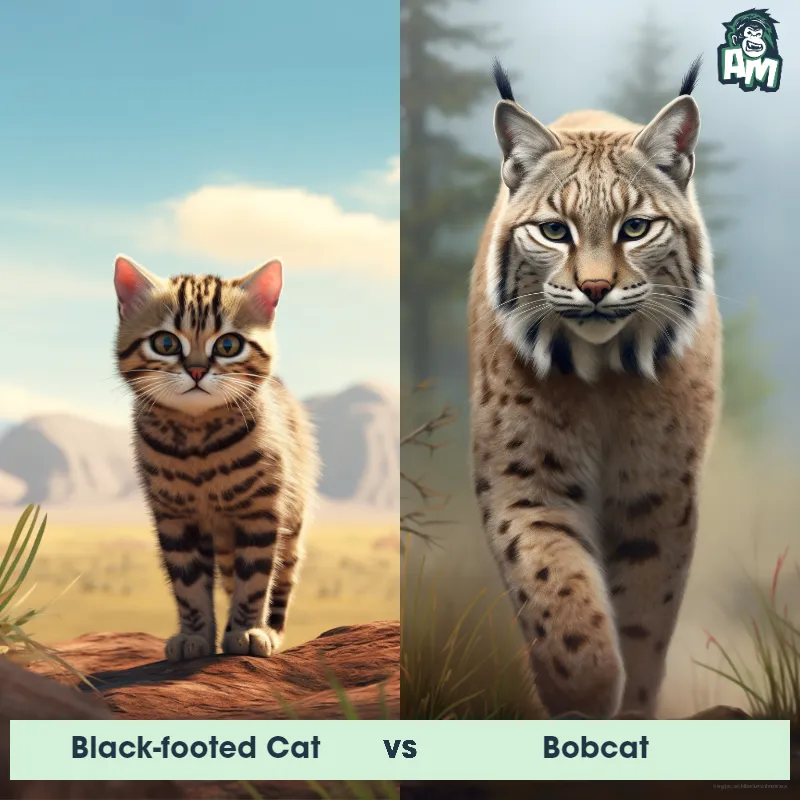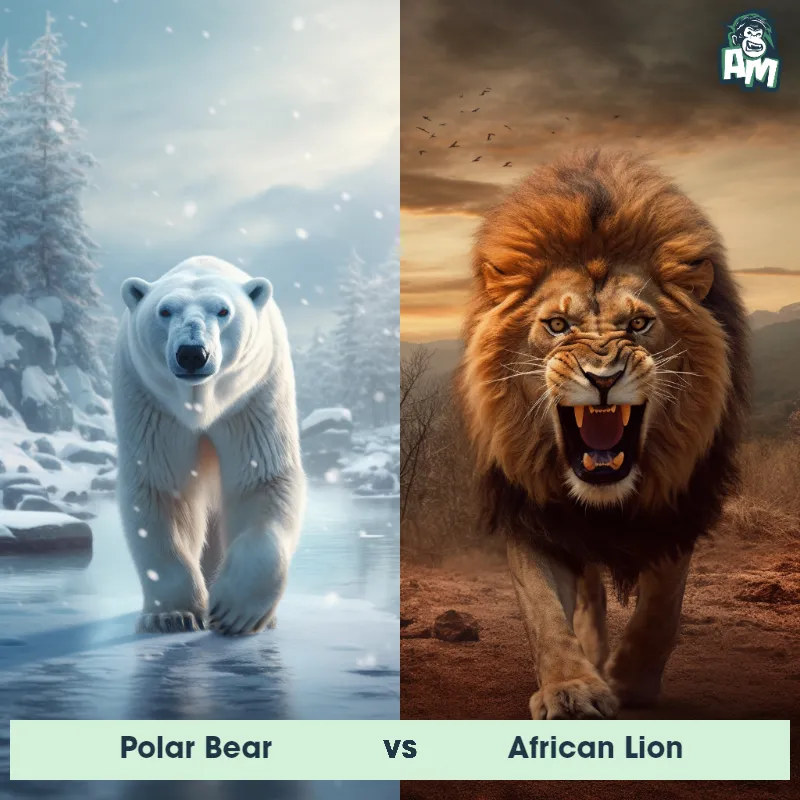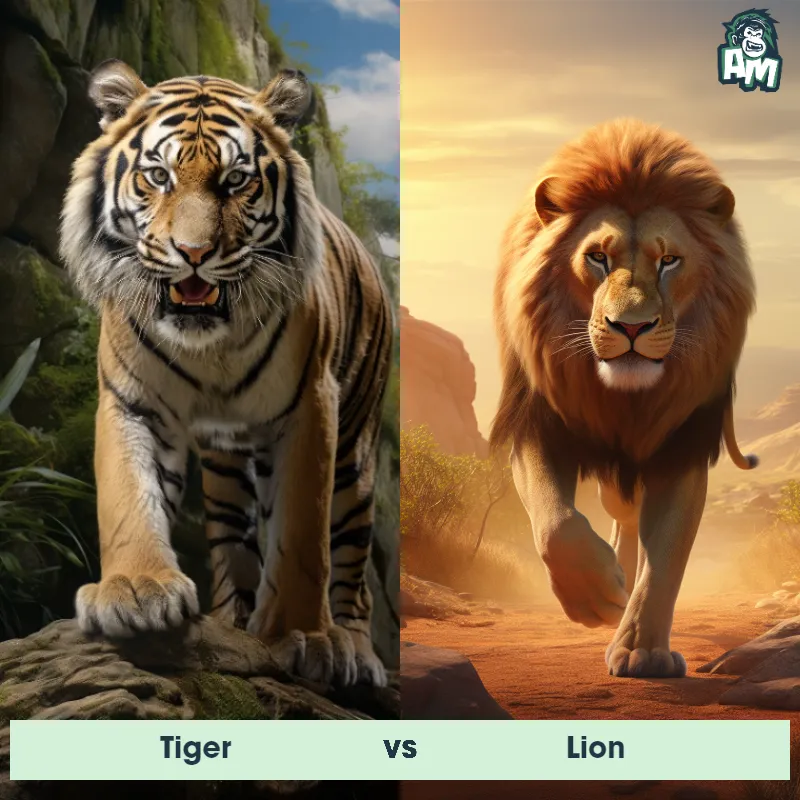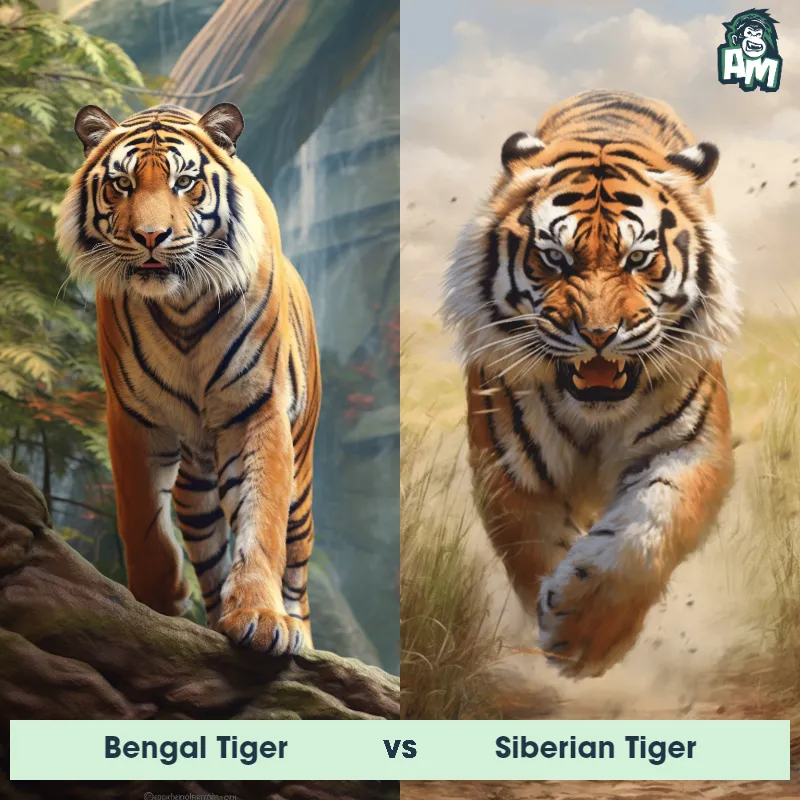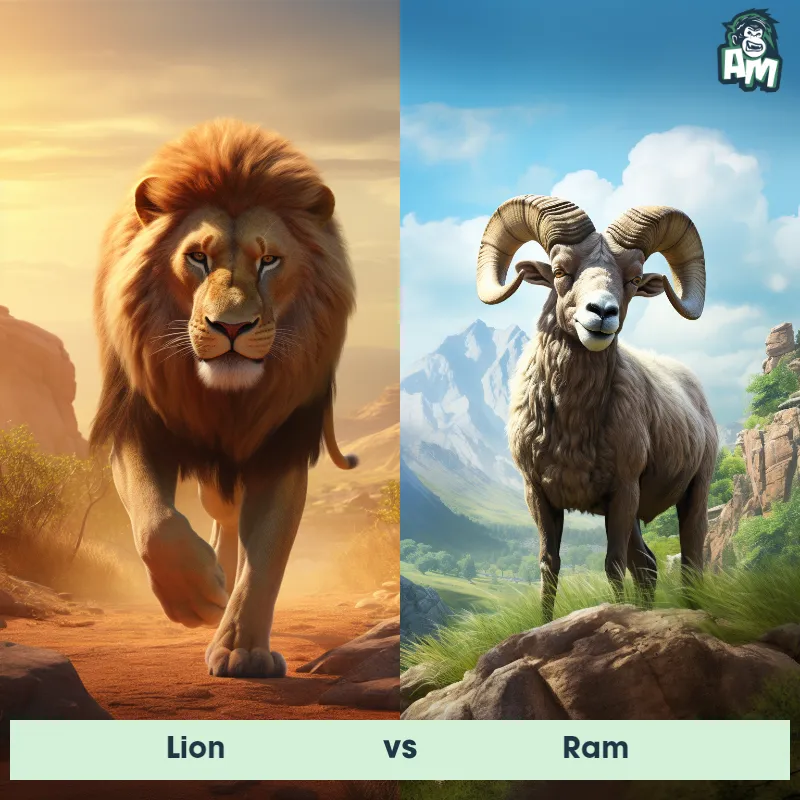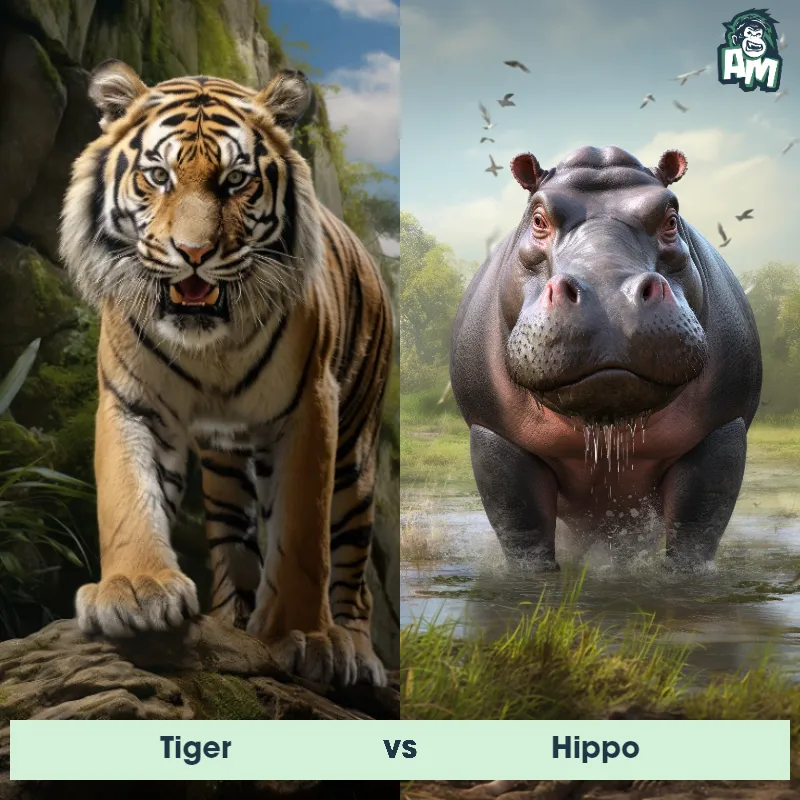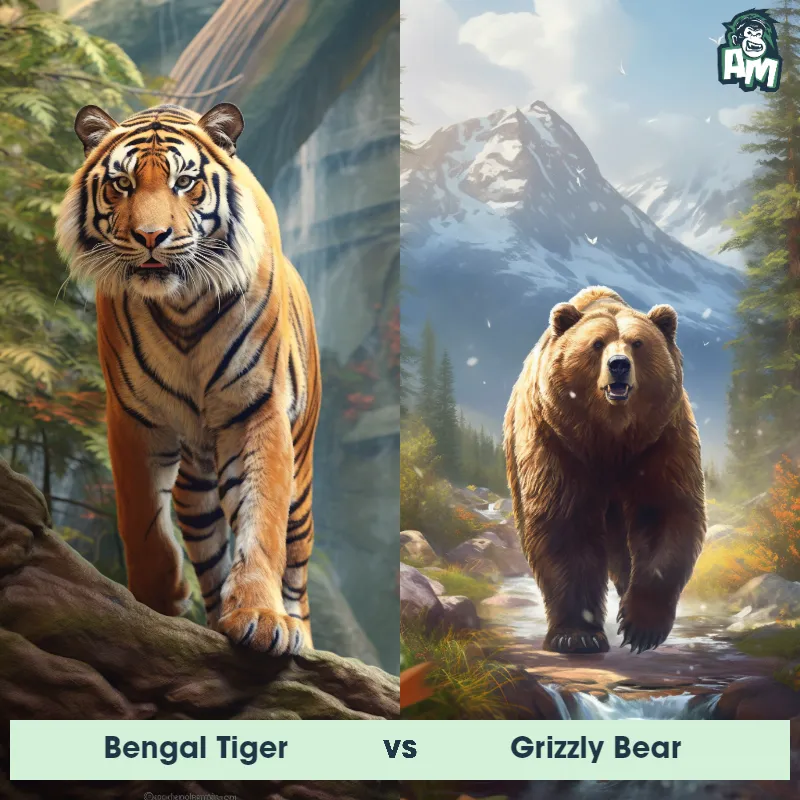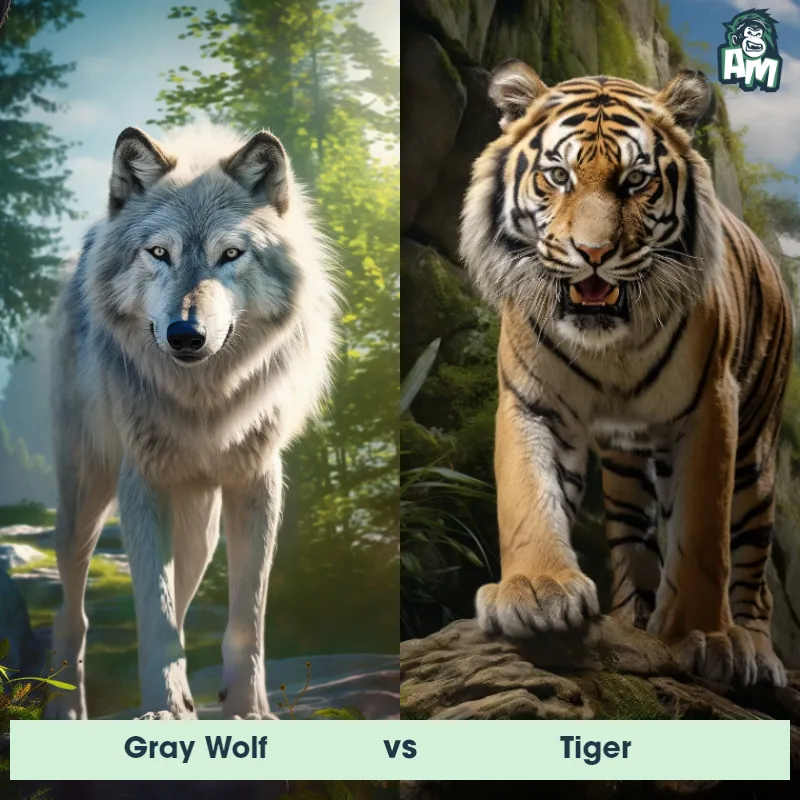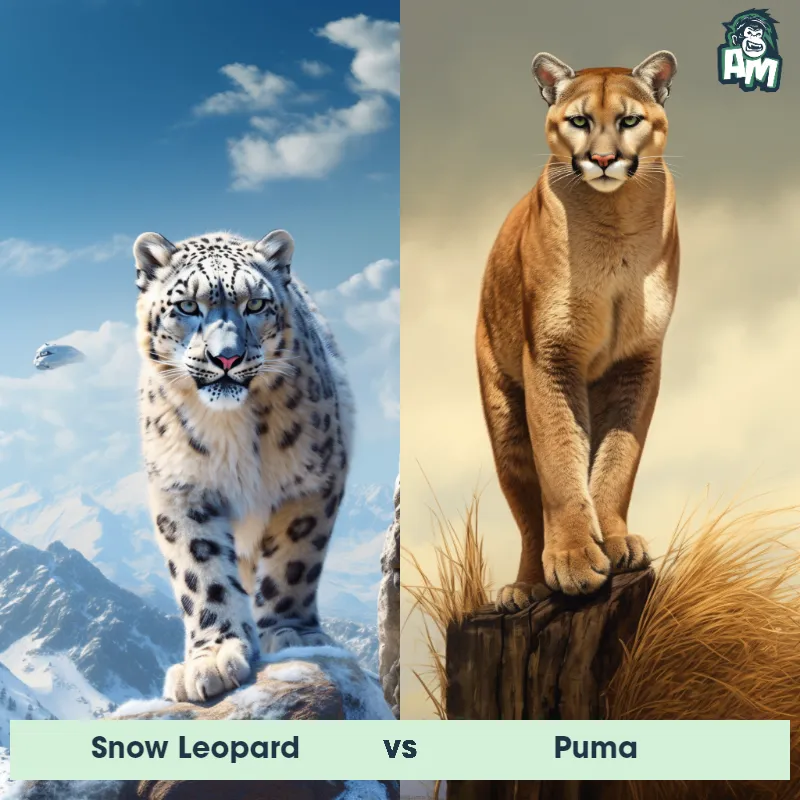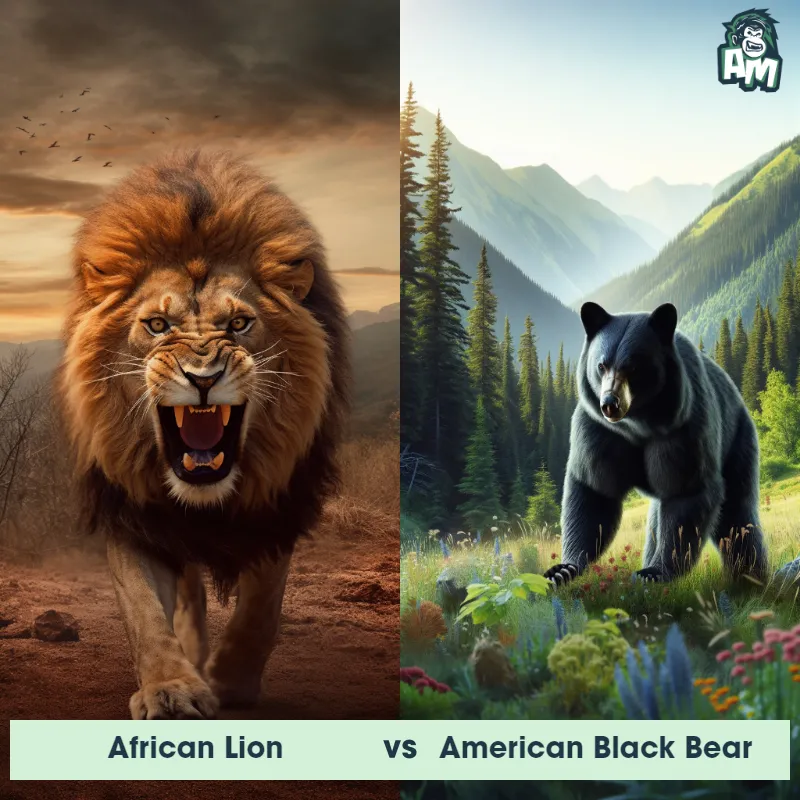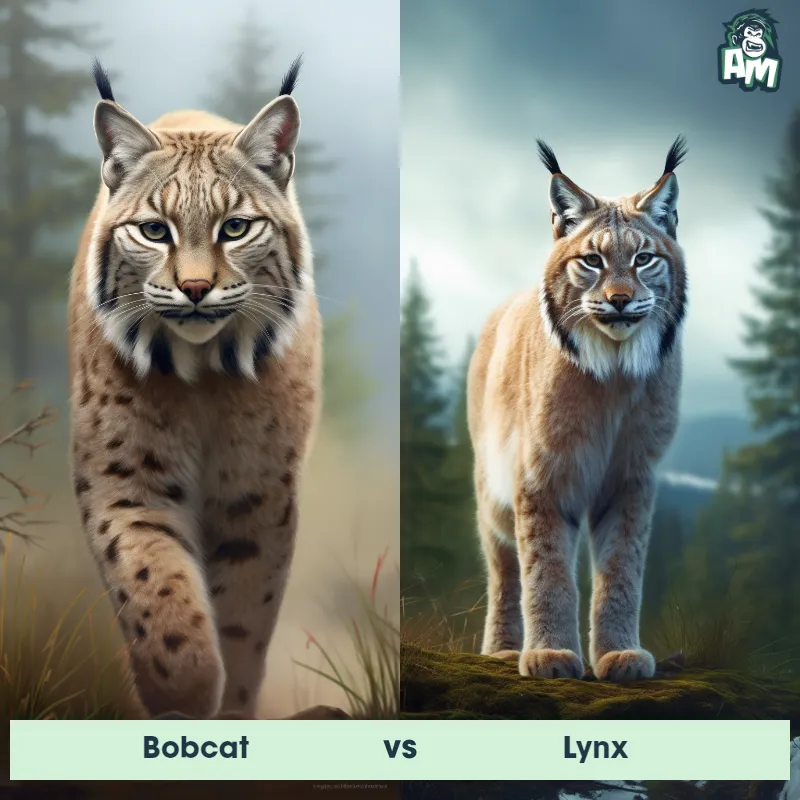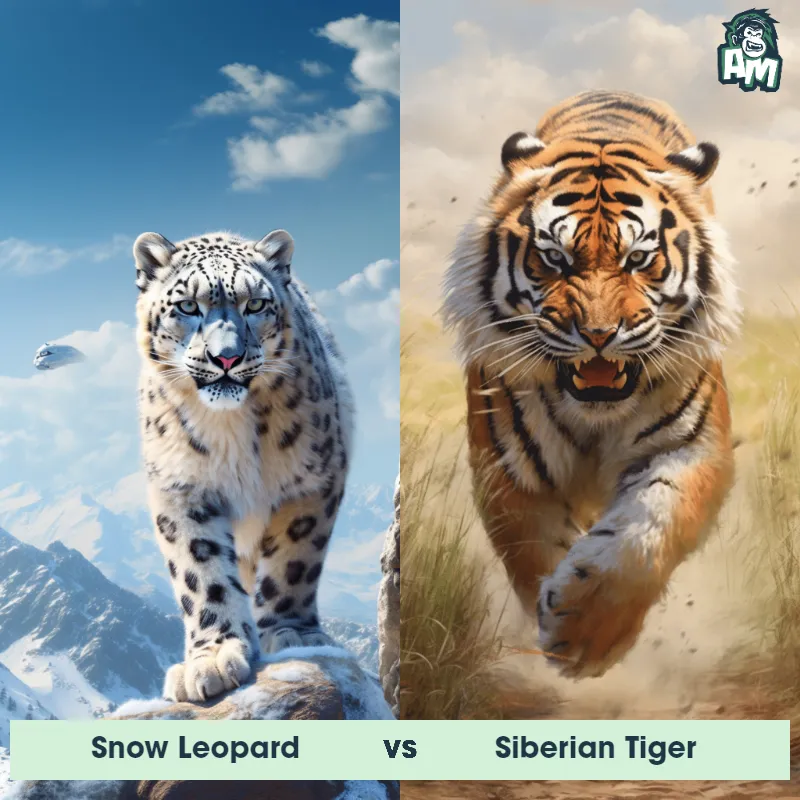Honey Badger vs CaracalSee Who Wins
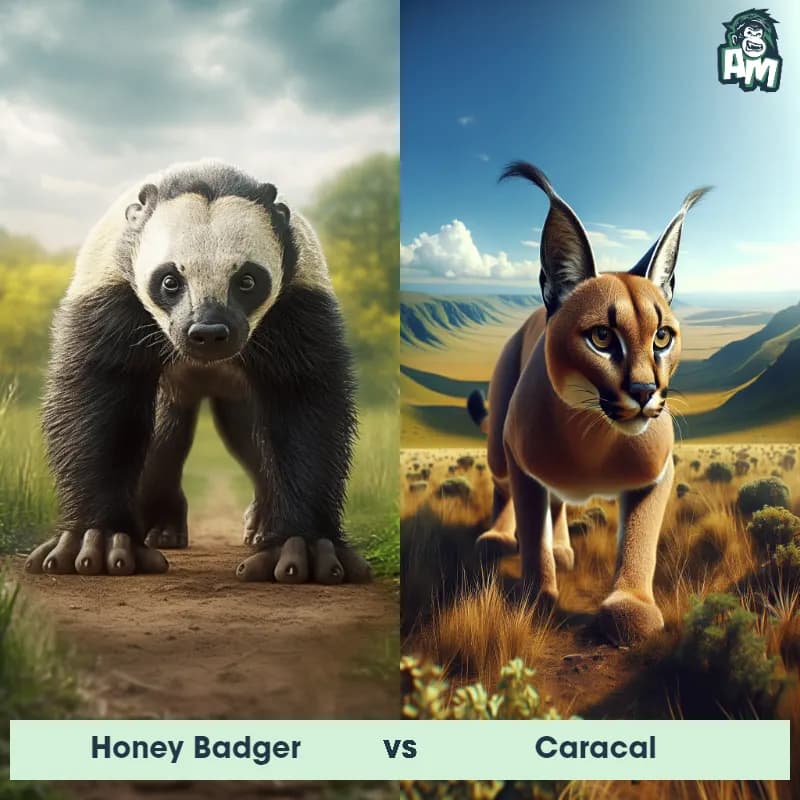
Ladies and gentlemen, welcome to tonight's showdown here at this electrifying arena! We have quite the spectacle for you tonight as two fierce competitors step into the ring. In the left corner, weighing in at approximately 30 pounds, we have the relentless Honey Badger! And in the right corner, weighing in at around 35 pounds, meet the agile Caracal! This matchup promises to be an intense battle of wits, speed, and strength. Now, let's dive right into the action!
Contender 1: Honey Badger
The Honey Badger, also known as the ratel, is a small carnivorous mammal found in Africa, Southwest Asia, and the Indian subcontinent. They have a stocky build, with a broad head, powerful jaws, and sharp claws. Their fur is thick and coarse, ranging in color from gray to black with a distinctive white stripe on their back. Honey Badgers are known for their fearless and aggressive nature, often taking on animals much larger than themselves, such as lions and hyenas. They are also known for their ability to withstand venomous snake bites and their love for honey, which they obtain by raiding beehives.
Fun Fact: Honey Badgers have been known to dig up and eat buried human corpses, earning them the nickname "the world's most fearless animal."
Contender 2: Caracal
The Caracal, also known as the African Lynx, is a medium-sized wild cat found primarily in Africa, the Middle East, and parts of Asia. It possesses a sleek and muscular body, standing about 40-50 cm at the shoulder, with a weight ranging between 13-20 kg. This agile predator is known for its distinctive tufted ears, which are long and black, and tipped with long white hairs. Its fur is typically reddish-brown or tawny, with a white belly and prominent black markings above its eyes, resembling smudged tears.
Fun Fact: The Caracal is a remarkable jumper and can leap to impressive heights, reaching up to 3 meters in the air from a stationary position, making it one of the highest-jumping animals in proportion to its body size.
Matchup Stats
| Honey Badger | Caracal | |
|---|---|---|
| Size | 25-30 inches (63-76 cm) in length | 40-50 cm at the shoulder (16-20 inches) |
| Weight | 19-26 pounds (9-12 kg) | 13-20 kg (29-44 pounds) |
| Speed | Speed: 20 mph (32.19 km/hr) | 50mph (80km/h) |
| Key Strength | Powerful jaws and sharp claws | Agility and powerful jumps |
| Biggest Weakness | Short legs and small size | Not particularly known for its strength in physical combat |
Current Votes
Honey Badger vs Caracal
See Who Wins
View More Matches
Looking For More?
Similar Matches
Scientific Stats
| Honey Badger | Caracal | |
|---|---|---|
| Scientific Name | Mellivora capensis | Caracal caracal |
| Family | Mustelidae | Felidae |
| Habitat | Terrestrial | Various habitats including savannas, woodlands, scrublands, and semi-deserts |
| Geography | Africa, Southwest Asia, and the Indian subcontinent | Africa, the Middle East, and parts of Asia |
| Diet | Carnivorous, eats small mammals, birds, reptiles, insects, and honey | Mainly small to medium-sized mammals (such as rodents, hares, and antelope), birds, and occasionally reptiles |
| Lifespan | 24 years - 26 years | 10 years - 15 years |
Key Differences between Honey Badger and Caracal
- Body shape: Honey Badgers have a stout and muscular body, with a broad head and stocky limbs, whereas Caracals have a slender build with long legs, allowing them to be swift and agile runners.
- Facial appearance: Honey Badgers have a relatively short snout with a wide and robust jaw, giving their face a somewhat bulldog-like appearance, whereas Caracals have a longer, more pointed snout and a facial expression resembling a small lynx.
- Size: The Honey Badger is generally larger, measuring around 24-30 inches in length and weighing between 25-35 pounds, whereas the Caracal is smaller, ranging from 35-40 inches in length and weighing between 25-45 pounds.
- Tail: The Honey Badger has a relatively short, bushy tail that measures roughly one-third of its body length, while the Caracal has a longer, slender tail that can be as long as two-thirds of its body length.
- Ear shape: Honey Badgers have small, rounded ears that are set close to the head, whereas Caracals have distinctive, tufted ears with long black hairs, making them appear more prominent and pointed.
- Color: Honey Badgers typically have a broad range of colors, including black, white, and various shades of gray or brown, resulting in a mottled appearance, while Caracals have a more uniform reddish-brown or sandy coat with distinctive tufts of black fur on their ears.



